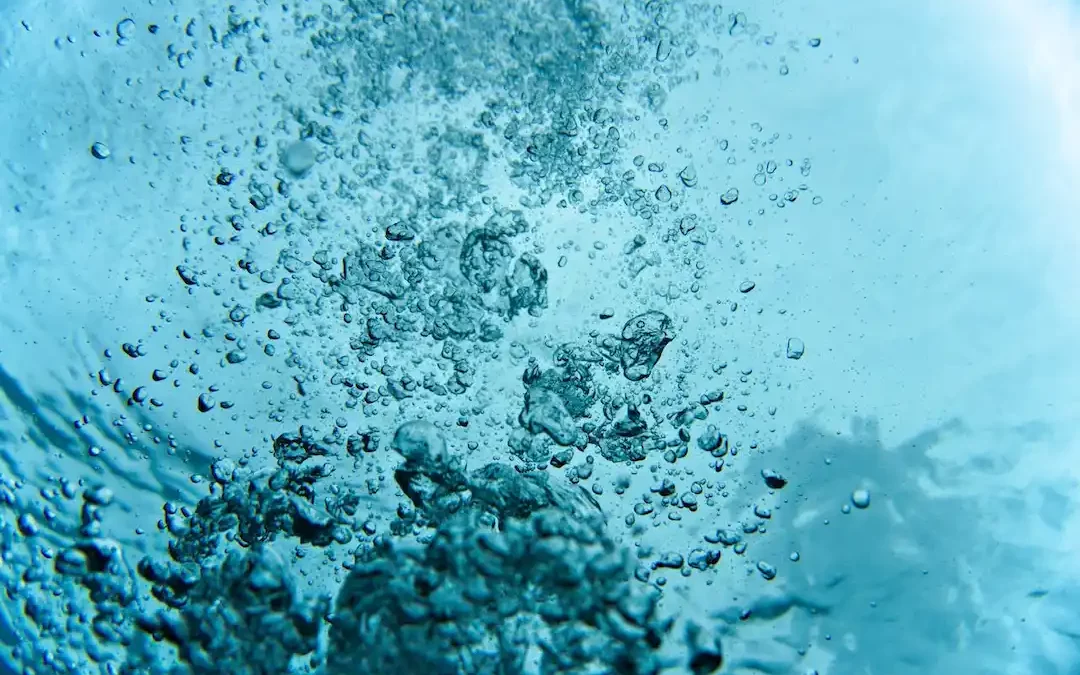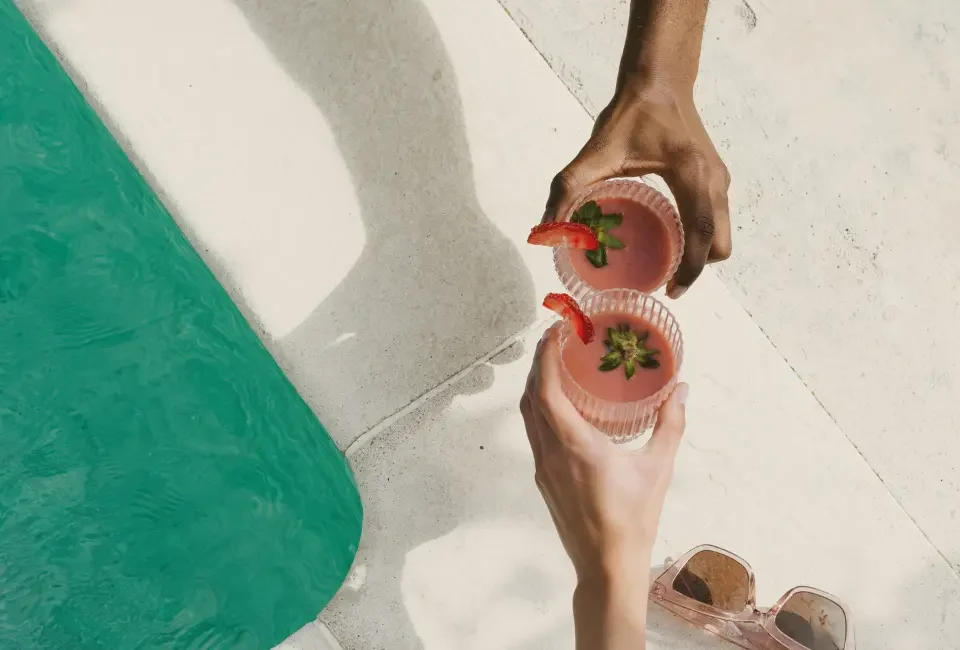Home / Salt Water Pools: Fact and Fiction
Pool Water Sanitation Options
March 22, 2018Winterize & Close Your Pool
November 22, 2018There are a number of misconceptions about salt water pools and salt water generators (also known as salt cells or salt water chlorinators). So let’s break down the common myths about salt systems in swimming pools.
What Is a Salt Water System?
A salt water system uses a salt chlorine generator to produce chlorine for disinfection instead of traditional chlorine tablets or liquid. The pool owner adds salt to the water, and the salt chlorine generator then converts the salt into chlorine through a process called electrolysis. This chlorine is released into the pool water to sanitize and kill bacteria, algae, and other contaminants.
Salt water pools are often favored for their milder and more natural-feeling water compared to traditionally chlorinated pools. While the salt concentration is much lower than that of seawater, it provides a gentler and more comfortable swimming experience. Salt water pools are known to be less harsh on the skin and eyes, making them a popular choice for individuals who may be sensitive to the chemicals used in traditional pool sanitation methods.
Salt Water Pools: Myth vs. Fact
Despite their popularity, there are some common myths about salt water pools. One common misunderstanding is that they’re chlorine-free, when in fact, they generate chlorine through the electrolysis of salt. Another myth is that they don’t require maintenance, but they do demand attention to salt levels, pH balance, and other factors, similar to traditional pools.
Prospective pool owners should be aware of the truth behind owning a salt water system in order to properly care for their inground pool. Let’s dive into some more of the myths and facts about these types of swimming pool systems.
Salt Water in Swimming Pools
The water is generally milder and less irritating to the skin and eyes compared to traditionally chlorinated pools. This is because the chlorine in saltwater pools is generated through electrolysis, resulting in a more consistent and lower concentration of chlorine.
- Myth: Saltwater swimming pools do not contain chlorine.
- Fact: A saltwater swimming pool is a chlorine swimming pool. Through the process of electrolysis, the salt molecule (NaCl) in the water is split apart making hypochlorous acid (HClO) and sodium hypochlorite (NaClO), which are the sanitizing agents already commonly used in swimming pools.
- Myth: Salt water pools smell and taste like the ocean.
- Fact: If balanced properly they will not smell or taste salty. The salt level is so low it can still be classified as fresh water.
- Myth: Salt water is safe to use in any type of pool.
- Fact: Salt corrodes metal. Unless your pool is made of a non-corrosive material we recommend to steer clear of a salt water system.
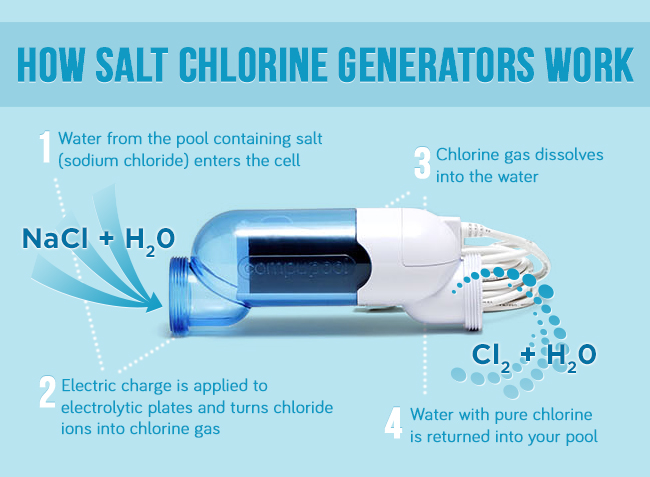
Salt Water Generators
- Myth: Salt water generators last a lifetime.
- Fact: We recommend replacing your salt water generator system every 3-5 years. We recommend you clean your cell every 6 months and add Cell Extend every month to get the full 5 years out of your salt water generator.
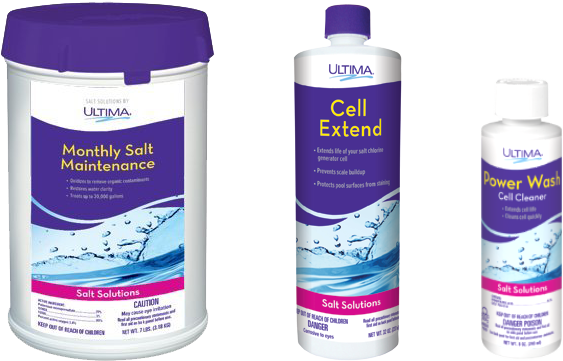
Salt Water Care
Maintenance is another area where salt water pools shine. While they do require some attention, the need for storing and handling traditional chlorine chemicals is reduced.
- Myth: You can use any type of Algaecide in your pool.
- Fact: Most Algaecide products contain metallic minerals (such as copper) as their active ingredient. Metals can damage salt cell chlorinators, so we recommend using our Poolife Defend+ Algaecide, since copper is not the active ingredient.
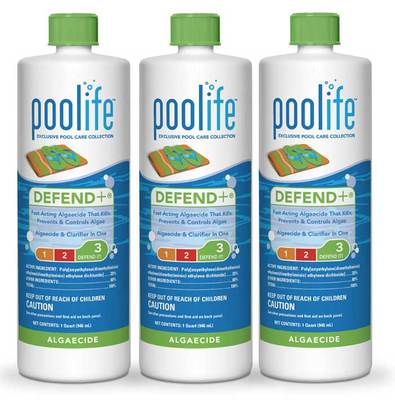
- Myth: You can add table salt to your pool water.
- Fact: There are different grades of salt. Swimming pool salt should be the only type of salt added to your swimming pool.
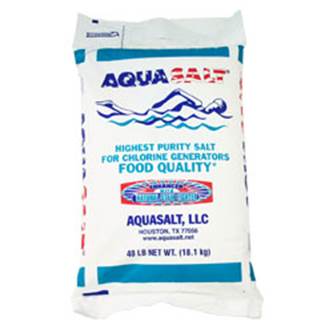
- Myth: You add the pool salt into your salt water generator or skimmer.
- Fact: DO NOT DO THIS! Leave your PUMP ON to circulate the water and help dissolve the salt. Add your pool salt directly into your pool water and stir with your telepole and brush.
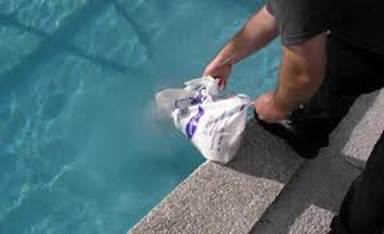
Salt Water Chlorinators
The salt chlorine generator automates the process of chlorine production, making it more convenient for pool owners. The continuous generation of chlorine helps maintain a consistent sanitizer level, promoting clearer and safer water. But you do need to take care of your salt water chlorinator, as it can build up salt deposits over time.
- Myth: Salt water chlorinators are maintenance-free.
- Fact: In order to extend the life of your salt cell you must maintain proper water chemistry (balance pH, alkalinity, hardness, stabilizer) and clean the cell when deposits occur.

Salt Water Generator Costs
Despite the initial cost of installing a salt chlorine generator, some argue that the long-term savings in chlorine purchases can make them more cost-effective over time. While the benefits are significant, it’s important for pool owners to be aware of proper maintenance practices to ensure optimal performance and longevity of their salt water system.
- Myth: “It costs too much.”
- Fact: Salt water generators may have a larger up-front cost, but in most cases, pool owners spend significantly less on pool chemicals throughout the season.
Contact Parrot Bay Pools in North Carolina
Salt water pools are a popular choice for homeowners due to their low maintenance, comfortable feel, and long-term savings. If you still have questions about this or other types of swimming pool sanitation options, or if you’re looking for saltwater swimming pool facts, contact our pool contractors. We’re always happy to help explain the differences between pool sanitization systems, pool materials, and types of swimming pools.
Visit our pool showroom and pool design center in Benson, North Carolina, schedule a consultation online, or call us today.

